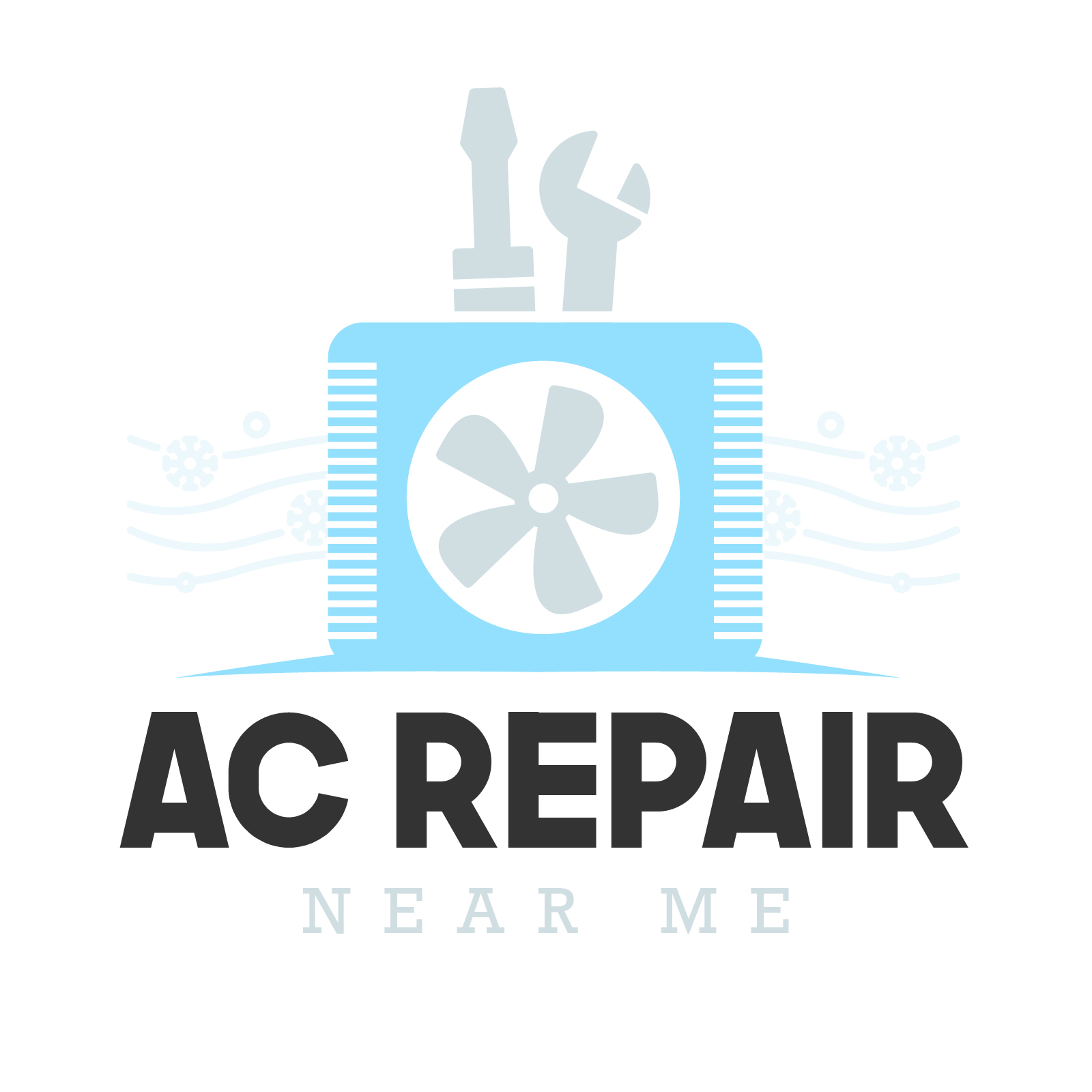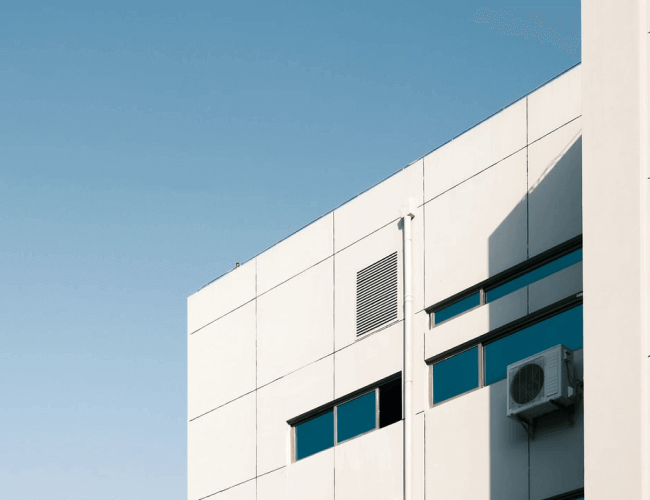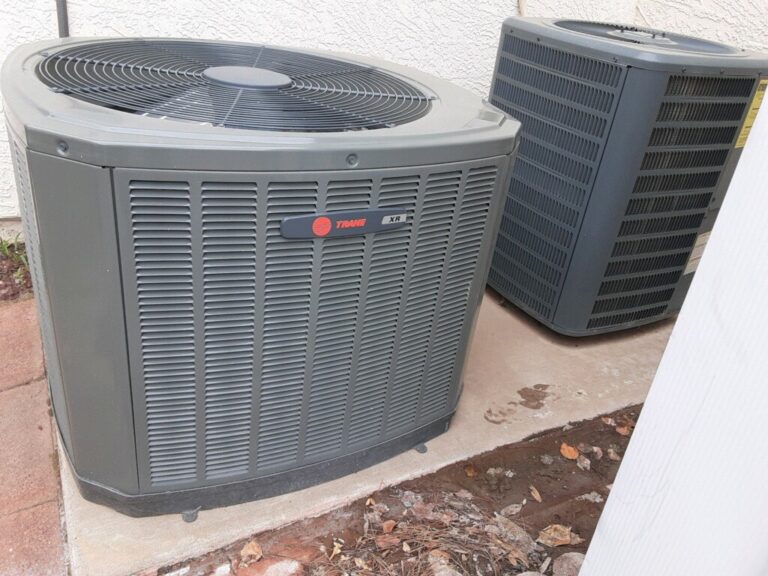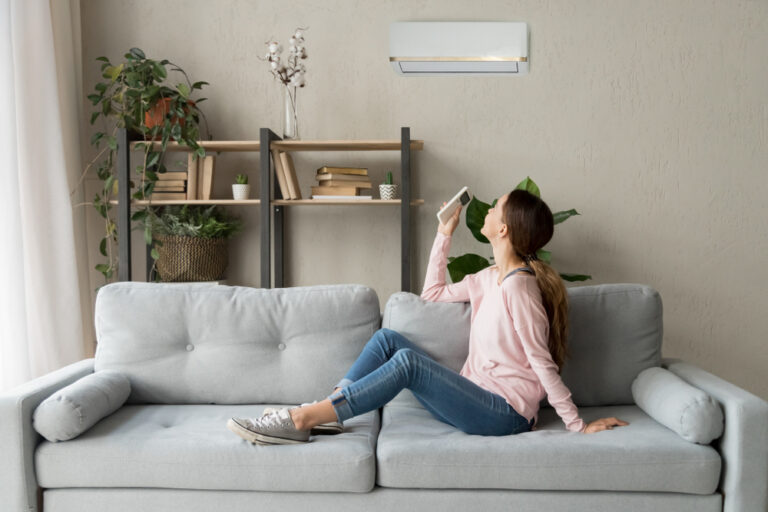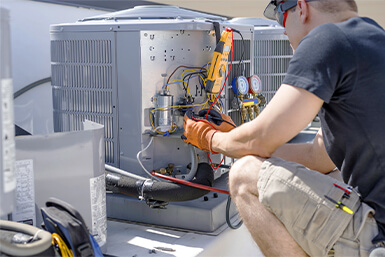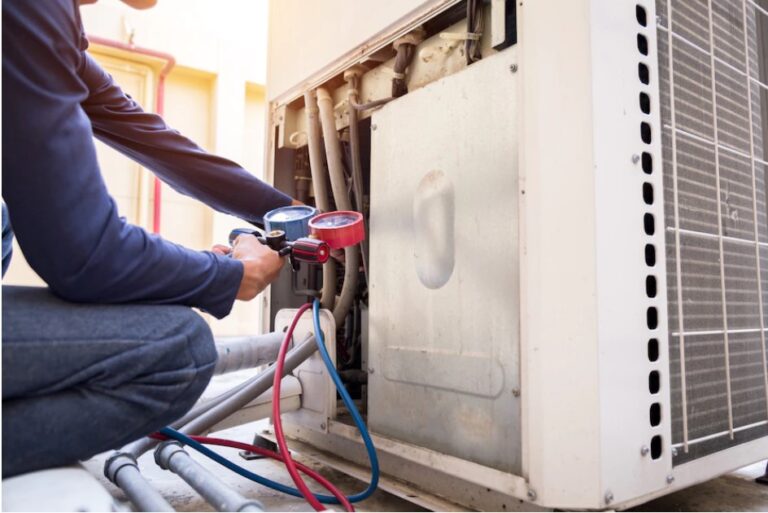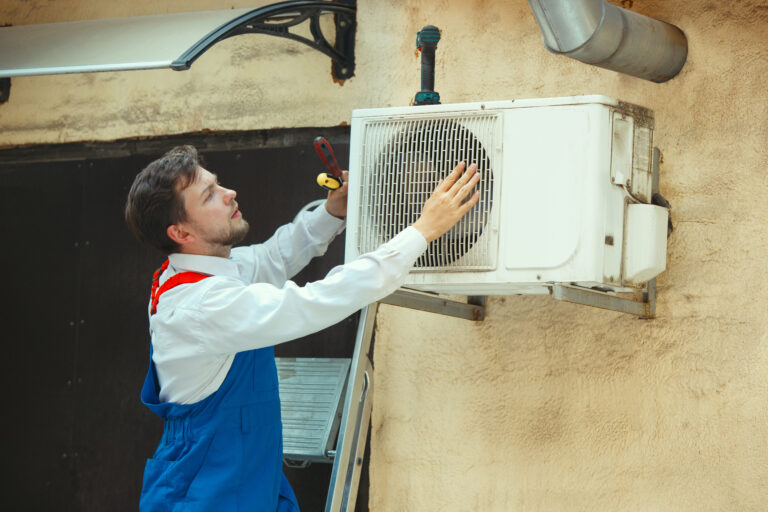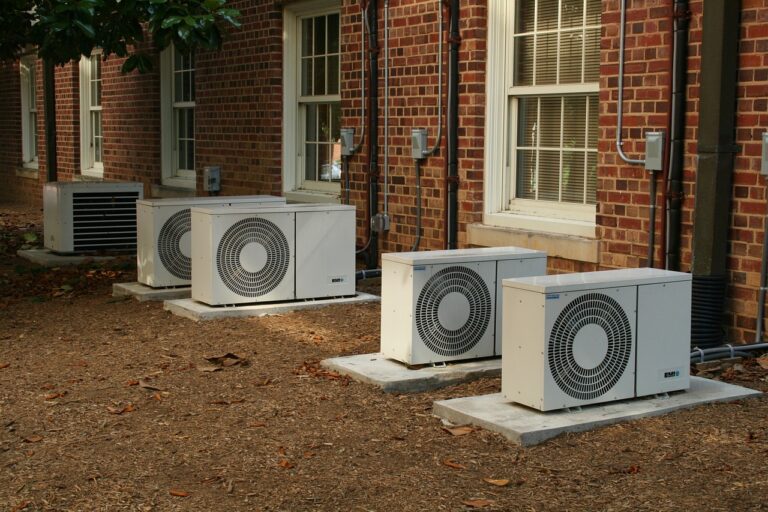What are the Common Air Filter Problems
Do you ever feel like your home is just a little stuffy? Or that your allergies are acting up for no reason? It might be time to check your air filter! Here are some common air filter problems that could be affecting your health and comfort.
Common air filter problems
One of the most common air filter problems is that they become clogged with dirt, dust, and other airborne particles. This can happen quickly, especially if you live in an area with a lot of pollen or other allergens in the air. Clogged air filters make your HVAC system work harder to circulate air through your home, which can increase your energy bills and shorten the lifespan of your system.
Another common problem with air filters is that they get wet. This can happen if there is a lot of humidity in the air or if your HVAC system is not properly draining condensation away from the air filter. Wet air filters can cause mold and mildew to grow on them, which can cause respiratory problems for you and your family.
If you notice that your air filter needs to be replaced more frequently than usual, it could be an indication that there is something wrong with your HVAC system. You should have a professional inspect your system to determine the source of the problem and recommend a solution.
Why you should change your air filter
One of the most important things you can do to keep your HVAC system running smoothly is to regularly change your air filter. A dirty air filter can restrict air flow, causing your system to work harder to circulate air and leading to increased energy costs. A clogged filter can also lead to ice buildup on your evaporator coils, which can cause extensive damage to your system.
How often to change your air filter
Most homeowners don’t know how important it is to change their air filters regularly. An old, dirty air filter can cause a number of problems in your home, from reducing the efficiency of your HVAC system to circulating dust and other allergens throughout your living space.
To keep your home comfortable and your HVAC system running smoothly, it’s important to change your air filter on a regular basis. Depending on the type of air filter you have and the conditions in your home, you may need to change it as often as once a month or as seldom as once every six months.
If you’re not sure how often to change your air filter, here are a few common air filter problems that can help you decide:
-Your HVAC system isn’t running as efficiently as it should be. An old, dirty air filter can restrict airflow to your HVAC system, making it work harder than it needs to. This not only reduces the efficiency of your system, but can also cause premature wear and tear.
-You’re starting to see dust build-up around your home. If you notice dust accumulating on surfaces or in corners that are normally dust-free, it could be because your air filter is full and isn’t trapping all the dust particles from circulated air.
-You or someone in your household is having respiratory problems. If you or a family member starts experiencing more respiratory ailments like coughing, sneezing or wheezing, it could be due to circulating allergens and pollutants in your home. A clean air filter can help remove these irritants from the air and improve indoor air quality.
Signs that your air filter needs changing
When it comes to your air filter, it’s important to change it before it gets too dirty. A good rule of thumb is to change your air filter every 3 months, but depending on the season and your home environment, you may need to change it more or less frequently. Here are some signs that it’s time for a new air filter:
-Your airflow is reduced. If you notice that your furnace or AC isn’t blowing as much air as usual, it could be because your air filter is clogged.
-Your energy bills are increasing. If you’ve noticed a spike in your energy bills, it could be because your system is working harder to move air through the clogged filter.
-You have allergies or respiratory problems. If you or someone in your family starts having allergies or respiratory problems that weren’t an issue before, it could be because your air filter isn’t trapping allergens and other particles as efficiently as it should be.
-Your furnace or AC unit is making strange noises. If you start hearing unusual noises coming from your furnace or AC unit, it could be because the motor is straining to move air through the dirty filter.
Why a dirty air filter is bad for your health
A dirty air filter will cause your furnace to work harder to circulate warm air through your home, meaning higher energy bills for you. Additionally, if you have allergies or respiratory problems, a dirty air filter can exacerbate your symptoms and make it difficult to breathe.
How a dirty air filter can damage your AC unit
If your AC unit has to work harder to circulate air, it will use more energy and cost you more money on your utility bills. A clogged air filter can also cause your AC unit to freeze, which can lead to even more damage and repairs.
How to clean your air filter
One of the most common questions our team at Air Filter Buy gets asked is, “How often should I change or clean my air filter?”
It’s a great question, and one that does have a definitive answer – although, how often you should change your air filter also depends on a number of factors unique to your home.
We’ll start with the basics. Most importantly, you should always consult your furnace’s owner’s manual for the manufacturer’s recommendations on how often to change your furnace filter.
That said, we generally recommend changing pleated air filters every three months and washable ones every month. But as we mentioned before, there are a number of factors that could necessitate changing your furnace filter more frequently.
Tips for preventing air filter problems
Air filters are an important part of any HVAC system, helping to keep the air clean and free of pollutants. But like any other mechanical system, air filters can experience problems. Here are some tips for preventing common air filter problems:
-Change your air filter regularly. This is the most important preventative measure you can take. Depending on the type of filter you have and the conditions in your home, you should change your filter every one to three months.
-Check your ductwork. Leaky ductwork can allow unfiltered air into your home, bypassing the air filter entirely. Have your ducts checked regularly for leaks and make sure they are properly sealed.
-Clean your vents. Vents can become clogged with dust and debris, which can reduce airflow and cause your system to work harder than it needs to. Clean your vents monthly to keep them clear and open.
By taking these precautions, you can help ensure that your air filter will do its job properly and keep your home’s air clean and healthy.
